
Thursday, August 23, 2018
A human enzyme can biodegrade graphene
Nanotechnology against viruses - flexible nanogels exhibit broad-spectrum antiviral activity
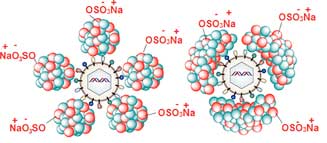
Nanoscale polymer antibodies efficiently target and eliminate cancer cells
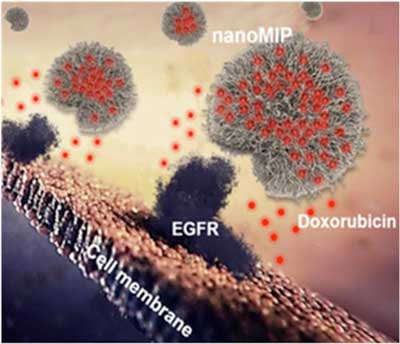
Large scale preparation method of high quality SWNT sponges
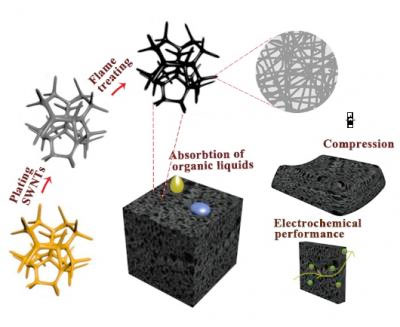
Researchers develop novel process to 3D-print graphene
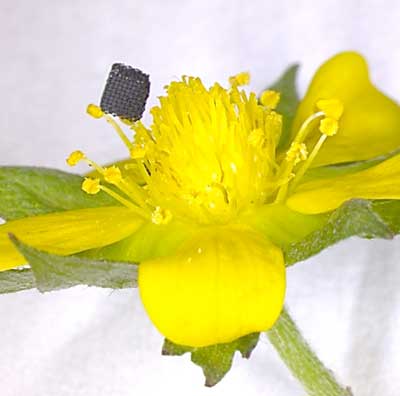
Added disorder drives transition to photonic topological insulator
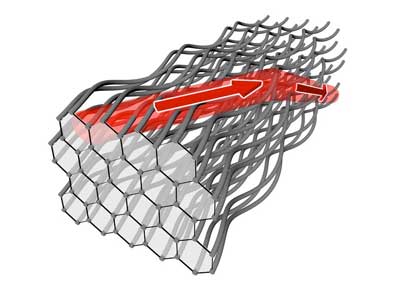
Subscribe to:
Comments (Atom)
